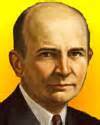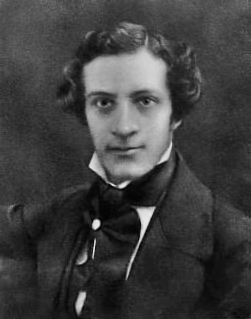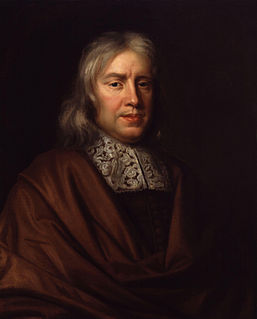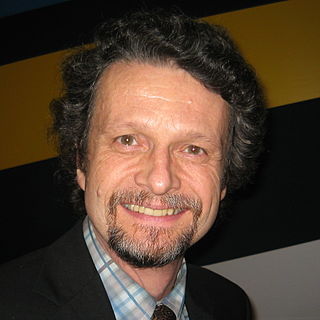A Quote by Martin H. Fischer
The practice of medicine is a thinker's art the practice of surgery a plumber's.
Related Quotes
We profess to teach the principles and practice of medicine, or, in other words, the science and art of medicine. Science is knowledge reduced to principles; art is knowledge reduced to practice. The knowing and doing, however, are distinct. ... Your knowledge, therefore, is useless unless you cultivate the art of healing. Unfortunately, the scientific man very often has the least amount of art, and he is totally unsuccessful in practice; and, on the other hand, there may be much art based on an infinitesimal amount of knowledge, and yet it is sufficient to make its cultivator eminent.
Meditation practice is like piano scales, basketball drills, ballroom dance class. Practice requires discipline; it can be tedious; it is necessary. After you have practiced enough, you become more skilled at the art form itself. You do not practice to become a great scale player or drill champion. You practice to become a musician or athlete. Likewise, one does not practice meditation to become a great meditator. We meditate to wake up and live, to become skilled at the art of living.
To think that practice and realization are not one is a heretical view. In the Buddha Dharma, practice and realization are identical. Because one's present practice is practice in realization, one's initial negotiating of the Way in itself is the whole of original realization. Thus, even while directed to practice, one is told not to anticipate a realization apart from practice, because practice points directly to original realization.
The Western Idea of practice is to acquire a skill. It is very much related to your work ethic, which enjoins us to endure struggle or boredom now in return for future rewards. The Eastern idea of practice, on the other hand, is to create the person, or rather to actualize or reveal the complete person who is already there.... Not only is practice necessary to art, it is art.
It was hard to become an astronaut. Not anywhere near as much physical training as people imagine, but a lot of mental training, a lot of learning. You have to learn everything there is to know about the Space Shuttle and everything you are going to be doing, and everything you need to know if something goes wrong, and then once you have learned it all, you have to practice, practice, practice, practice, practice, practice, practice until everything is second nature, so it's a very, very difficult training, and it takes years.




































